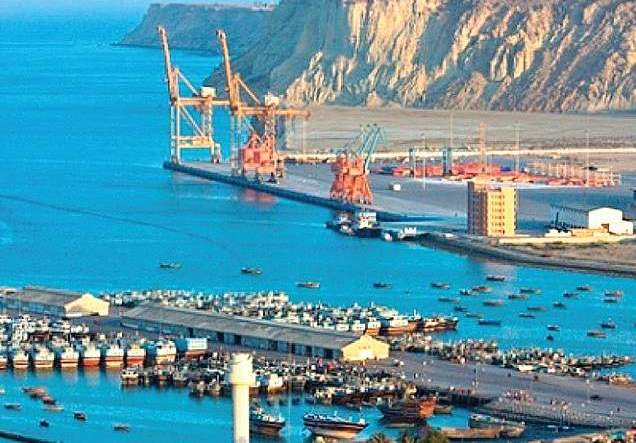The Federal Cabinet has set a new directive for public sector imports, mandating that 60% of wheat, fertilizer, and sugar imports be routed through Gwadar Port and formed a committee to oversee the implementation of this directive.
The directive, discussed in a recent Cabinet meeting chaired by Prime Minister Shehbaz Sharif, builds on earlier orders from the Economic Coordination Committee (ECC) and the Prime Minister’s Office to prioritize imports through Gwadar Port.
The committee, comprising officials from several ministries and public agencies, is tasked with overseeing the implementation of this policy, reviewing procurement plans, and identifying additional commodities that can be imported via Gwadar.
The committee will also assess road and rail infrastructure required to transport goods to and from Gwadar, identifying both existing links and new alignments that may need construction.
Furthermore, it will explore private sector opportunities for using Gwadar Port and suggest incentives to encourage private sector engagement.
The Ministry of Maritime Affairs reported that Gwadar successfully handled 12 ships carrying 0.45 million metric tons of wheat and 0.1 million metric tons of urea earlier this year.
Efforts to shift a larger portion of imports to Gwadar have included negotiations with the port operator, China Overseas Port Holding Company Limited (COPHCL), to further reduce port charges and make the port more competitive against Karachi’s ports.
According to the Ministry, the port charges at Gwadar are already 50% lower than those at Karachi and offer faster handling times.
However, concerns were raised about the higher inland freight costs due to Gwadar’s distance from upcountry destinations. National Fertiliser Marketing Limited (NFML) reported that freight charges from Gwadar are 76% higher than from Karachi, which would increase the cost of urea imports by an estimated Rs3 billion for the remainder of the year.
In response, the Cabinet has instructed all public sector entities to align their annual procurement and export plans with the new policy, ensuring that 60% of relevant imports are handled through Gwadar Port.




